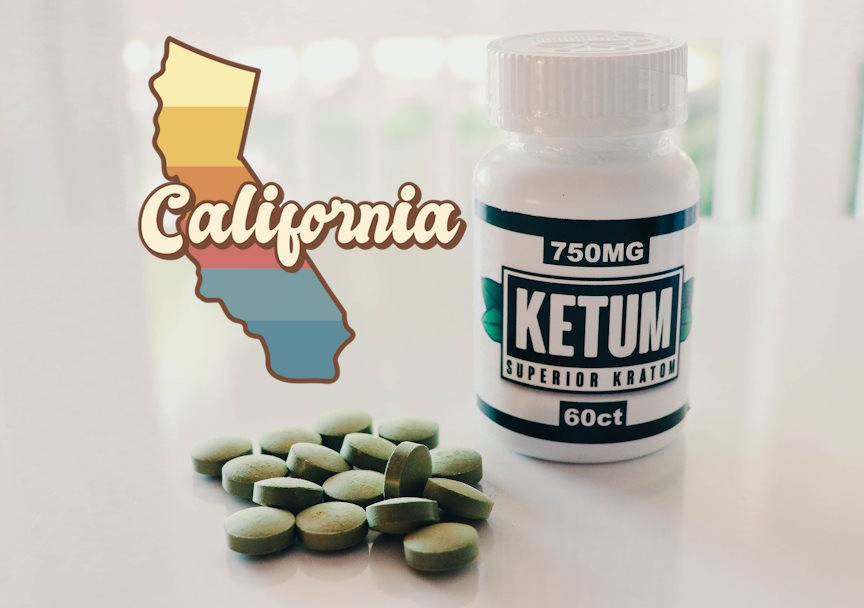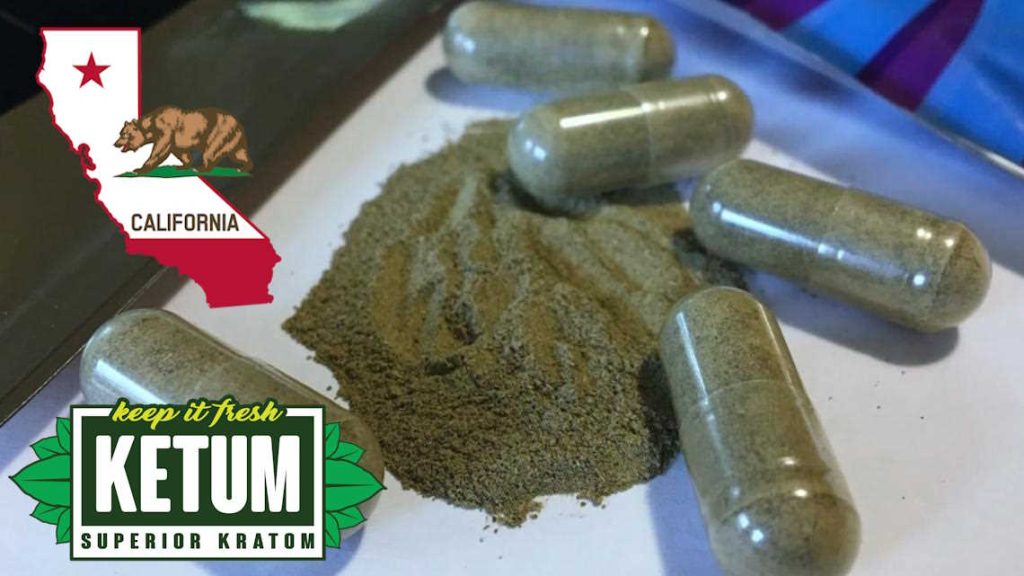
Kratom’s legal status in the United States had a tumultuous battle in recent years. At the tail end of 2016, on August 30th, the DEA made a public announcement the federal government agency was placing the two primary alkaloids found in kratom, mitragynine and 7-hydroxymitragynine, as Schedule 1 drugs under the Controlled Substance Act.
The DEA stated it would have been a temporary ban; however, the federal agency’s notice also said the ban would likely be followed by a regular scheduling process, placing kratom as a Schedule 1 substance permanently.
A temporary ban that inevitably leads to a permanent one is the type of doublespeak our federal government is notoriously known for. But this time, things didn’t go as the DEA planned. You see, in the past, our government would have gotten away with it. However, the information age we now live in made things a bit more complicated. Social media channels were ablaze with the news, and common citizens were able to unite their voices to be heard in the halls of the Capitol building.
Public demonstrations were held in the streets. Petitions circled the internet. Calls were made to political representatives. The American Kratom Association took a stand. Finally, the impact even had members of Congress voicing their concerns.
And for the first time in history, the DEA backtracked on its plans to outlaw a plant that Mother Nature provides. And it was all because of our combined outrage making enough noise that our federal government took note.
Where Government Agencies Currently Stand on the Kratom Issue
While it may seem that our worries are over because the DEA backed down, you shouldn’t let your guard down. The fight is far from over. That happened in 2016. The DEA was ill-prepared whenever it took a misstep and overplayed its hand. Since then, the DEA received a recommendation from the United States Department of Health and Human Services (HHS) to proceed with placing kratom as a Schedule 1 drug.
And the significance behind the HHS’s recommendation is that the HHS has the power to prevent a substance from being scheduled in the first place. With the two agencies in cahoots, the future of kratom remains uncertain.
Yet, on the other end of the spectrum, Nora Volkow, the current director of the National Institute on Drug Abuse (NIDA), has voiced her concerns with making kratom a scheduled drug, saying it would make it extremely difficult for researchers studying the kratom compounds if the DEA proceeded with any plans to schedule it.
Now, at least we know we have a voice of reason in a position of power. But her argument is a far cry from an outright support of the plant. So hold back your cheers for the moment. It’s too early to celebrate. Besides, she’s only one voice in a sea of madness.
And we should all remember: government agencies change leadership all the time. If the wrong people get at the helm of the ship, there’s a possibility that the scheduling of kratom could be expedited quickly.
Could Kratom Be Scheduled as a Drug?
So, at the moment, we have two government agencies that have voiced their concerns against the plant. Does that mean there’s a legitimate threat against kratom? There most certainly is. While we have some government representatives that have shown support for the cause, we have to remember that these incumbent officials could easily be replaced by a challenger who doesn’t support the legality of kratom. And that’s always a real threat.
So we should all look for the path of least resistance. And the easiest way to do that is to make sure any elected official who backs kratom’s legal status is supported when running for re-election. And this goes beyond party politics. So no matter which particular side of the aisle your allegiance is beholden to, you should find out where every candidate stands on the issue before casting your vote.
We have elections coming up this very year. So do your due diligence and investigate where your representatives stand on the matter of kratom legality and remains access to us. Whoever gets elected will be your primary voice at Capitol Hill. And you need to make sure they’re voicing your concerns. Otherwise, you risk another perspective superseding your own within your very state.
And I’m in no way endorsing any political candidates or ideology. I’m just pointing out a fact that exists within a constitutional republic.
In a representative democracy, the power resides with the people. So during the current 2020 election, make sure your political issue is addressed by your duly elected officials.





